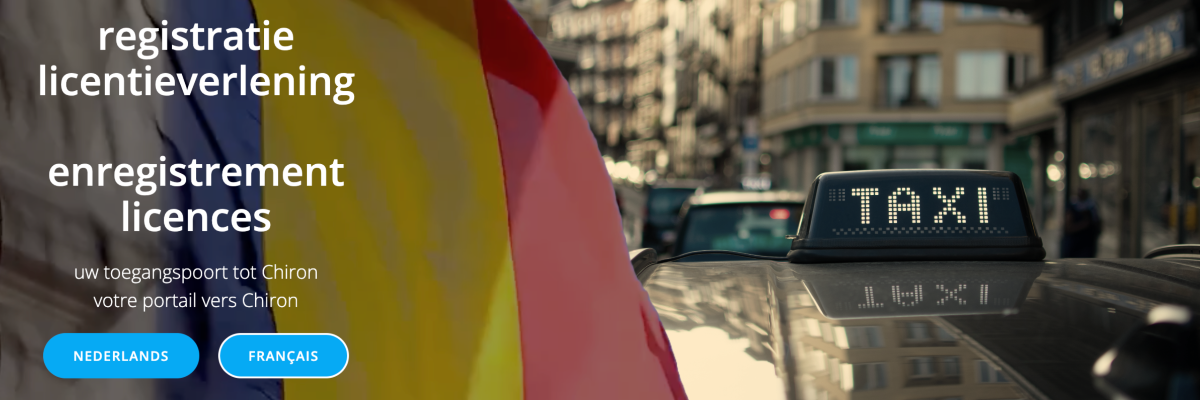Changes in bus transport affect students at BuSO Sint-Elisabeth, with transfers being the main new obstacle.
Bus transportation in special education remains a concern. Three months into the school year, it has emerged that around 6% of special education students spend more than 90 minutes on the bus, despite promises of shorter journey times. This was revealed in a recent survey by VRT NWS.
To improve the situation, De Lijn deployed extra buses just before the autumn holidays. This aimed to shorten the duration of bus journeys, which previously fell within the 90-minute limit. De Lijn has confirmed that extra journeys have been introduced after the autumn holidays. However, these adjustments have resulted in changes to existing routes, which will impact students who continue to use their regular bus ride.
A specific example of the consequences of this new transport plan is visible among the students of BuSO Sint-Elisabeth in Wijchmaal. As reported by Het Belang van Limburg, these 150 students, who can currently still take a direct bus to school, will be confronted with the need to transfer two to three times from January 6. This poses significant challenges for this group of students.

Not everything is negative in student transport. Steps are being taken in various places in the Netherlands to improve student transport, with a focus on both the quality of transport and the independence of students.
In our own country, extra attention was also paid to student transport last week. In Katwijk, for example, student transport seems to improve after the first four weeks of school. Despite a peak in complaints in the second week, there were ultimately only seven users with complaints in week four. A policy has been implemented whereby drivers meet students before the start of the school year, although in practice this does not always go smoothly.
In Veenendaal one New Approach of student transport introduced. Children who cannot travel to school independently will receive reimbursement for student transport from the municipality under certain conditions. The new rules are aimed at promoting independent travel. Veenendaal is following a new proposal from the Association of Dutch Municipalities (VNG) that is better aligned with developments in appropriate education. The aim is to increase the independence of students and to financially support parents and caregivers with the transport costs associated with school attendance.
Student transport also works in Leiderdorp getting better. The mayor and aldermen base this conclusion on figures from transporter NOOT and a survey among schools. Although there are still challenges, the situation has improved significantly compared to the previous school year. This improvement continues into the current school year. In addition, the municipality is consulting with Arriva and schools about the possibility for students to use (supervised) public transport instead of NOOT's specialized transport.




